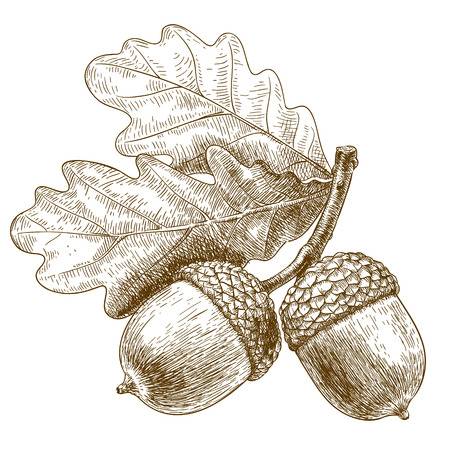At the beginning of this summer, I traveled to Bosque Seco Lalo Loor in Manabí Province, Ecuador with a backpack, some serious rubber boots, and a list of goals I wanted to accomplish by the end of my internship. Turning in my folder of final deliverables to my supervisor, I realized that inside was evidence that I have gained professional ecological fieldwork experience, improved my leadership and communication abilities, and 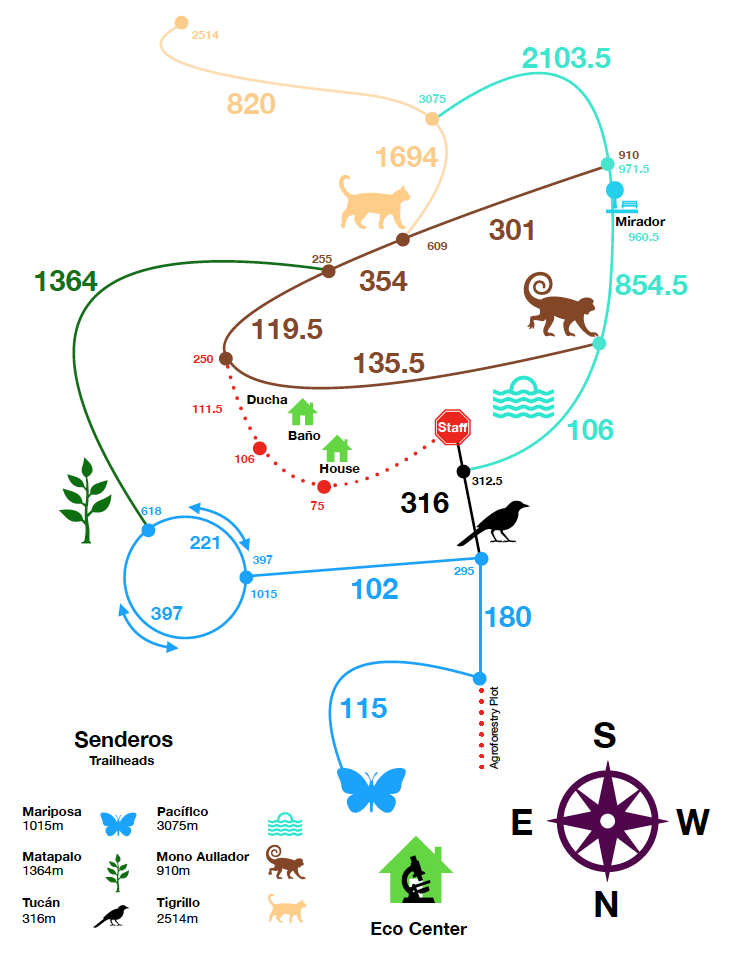 understood new perspectives on ecological conservation. I provided two months of quality howler monkey and faunal highway mortality data, a revised survey protocol, new protocols and methods based on my own independent research, and a trail map I created by meticulously walking and GPS-mapping the entire reserve. Walking out of the reserve, my backpack was a little heavier than it was when I walked in—evidence that I’d also deepened my knowledge of Spanish and Ecuadorian culture. Between impromptu Spanish lessons or dance breakouts in the kitchen, the local women working at the
understood new perspectives on ecological conservation. I provided two months of quality howler monkey and faunal highway mortality data, a revised survey protocol, new protocols and methods based on my own independent research, and a trail map I created by meticulously walking and GPS-mapping the entire reserve. Walking out of the reserve, my backpack was a little heavier than it was when I walked in—evidence that I’d also deepened my knowledge of Spanish and Ecuadorian culture. Between impromptu Spanish lessons or dance breakouts in the kitchen, the local women working at the 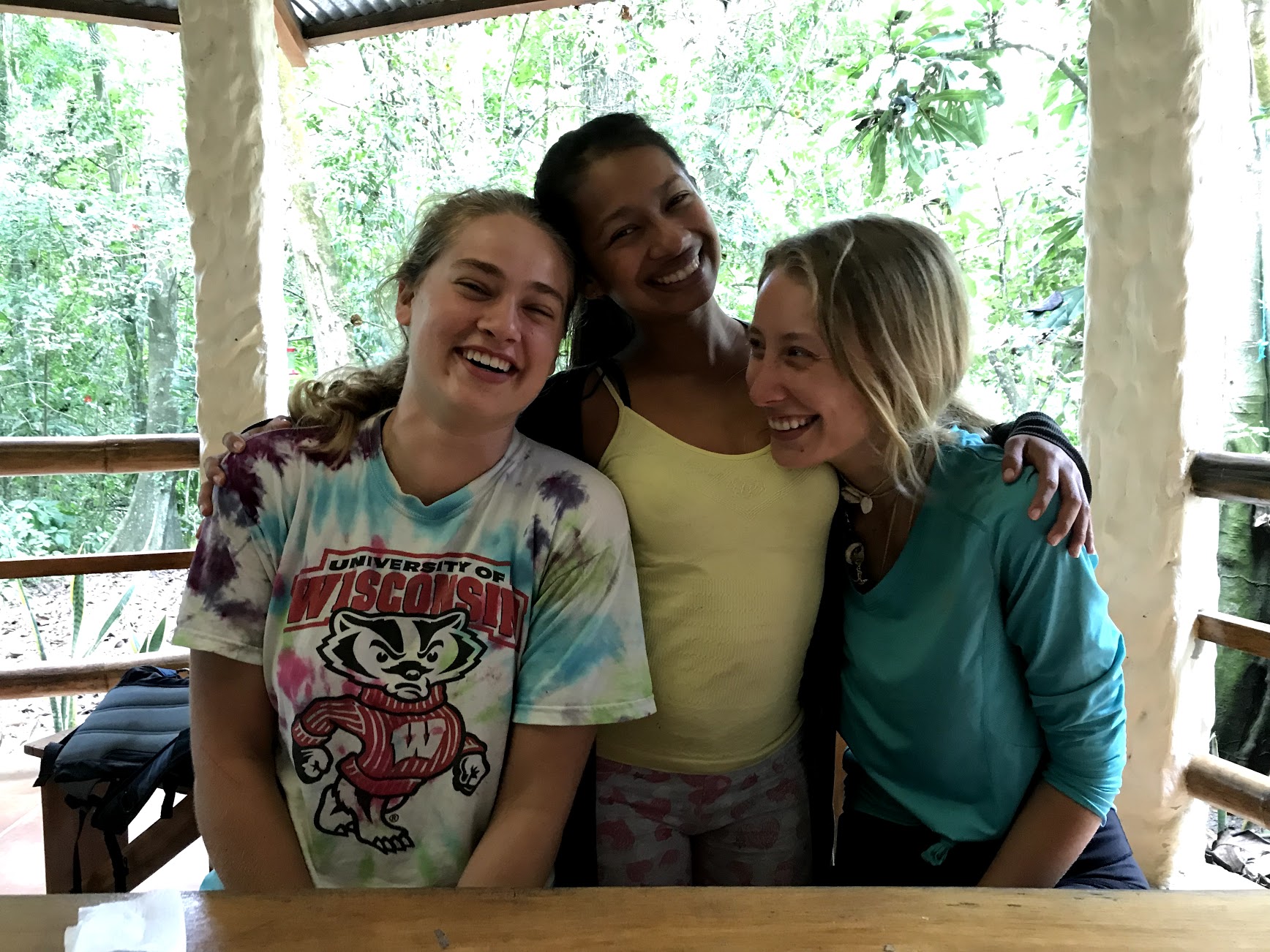 reserve showed me how to cook patacones, mashed and twice-fried plantain slices. Among other treasures I took with me, I carried home my own wooden patacón-smasher and salsa music stuck in my head. My rubber boots came home dirty—proof that I’d learned about the ecology of the tropical dry forest and its threats. I’d spent endless hours hiking and learning the forest by sight, sound, smell, touch, and taste, and guided educational hikes with local students. At the end of this summer, I’ve met the goals I set for myself eight weeks ago.
reserve showed me how to cook patacones, mashed and twice-fried plantain slices. Among other treasures I took with me, I carried home my own wooden patacón-smasher and salsa music stuck in my head. My rubber boots came home dirty—proof that I’d learned about the ecology of the tropical dry forest and its threats. I’d spent endless hours hiking and learning the forest by sight, sound, smell, touch, and taste, and guided educational hikes with local students. At the end of this summer, I’ve met the goals I set for myself eight weeks ago.
As hard as it was to leave my life in the woods, I am excited to return back to Tulane and share what I’ve learned with my community in New Orleans. Up next is an exciting last year of my undergraduate journey, which will culminate in an Honors thesis I’ll be writing based on my research at Bosque Seco Lalo Loor. I’m also looking forward to exploring my new direction in spatial ecology, continuing to practice my Spanish, and finding somewhere fun to keep salsa dancing. Additionally, I hope to serve as a resource for others looking for a similar experience!
My advice to those who want to take on a research experience abroad is:
- Get connected and
- Go.
Going abroad can present tons of hoops to jump through, but in my experience, it’s ALWAYS worth it! Focus on what you want to do once you get there and the challenges you’ll meet while getting there will pass. Good connections to people who have experience (or are currently) living and working in your area are really helpful, too—with everything from the visa process to culture questions and travel tips. Knowing this 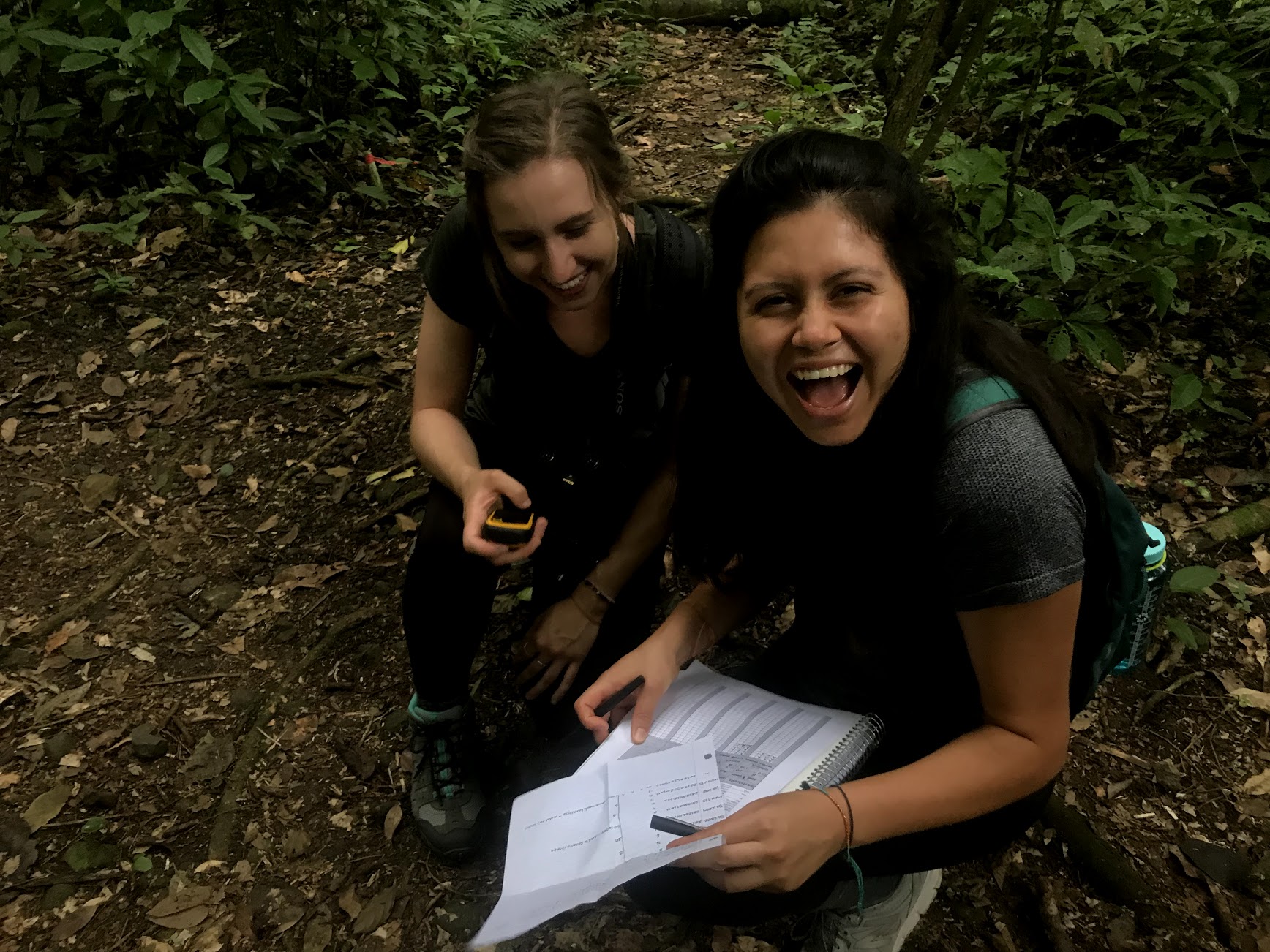 and being grateful for my own connections, I want to pass it on and make myself available to help others going in the same direction, especially to other women. My experience has taught me that woman-to-woman connections are really valuable and empowering.
and being grateful for my own connections, I want to pass it on and make myself available to help others going in the same direction, especially to other women. My experience has taught me that woman-to-woman connections are really valuable and empowering.
And very helpful on howler monkey surveys.
Traveling and working in a rural, highly male-dominated (and to me, foreign) culture was difficult at times, but it was an incredible lesson in navigating gender dynamics in a way that was respectful but didn’t compromise my values or self-respect. My best advice is to know yourself and your community, wherever in the world it happens to be. Do your research! Critically think about what you believe in for yourself as a woman and as a leader, and then line it up with what your community values. 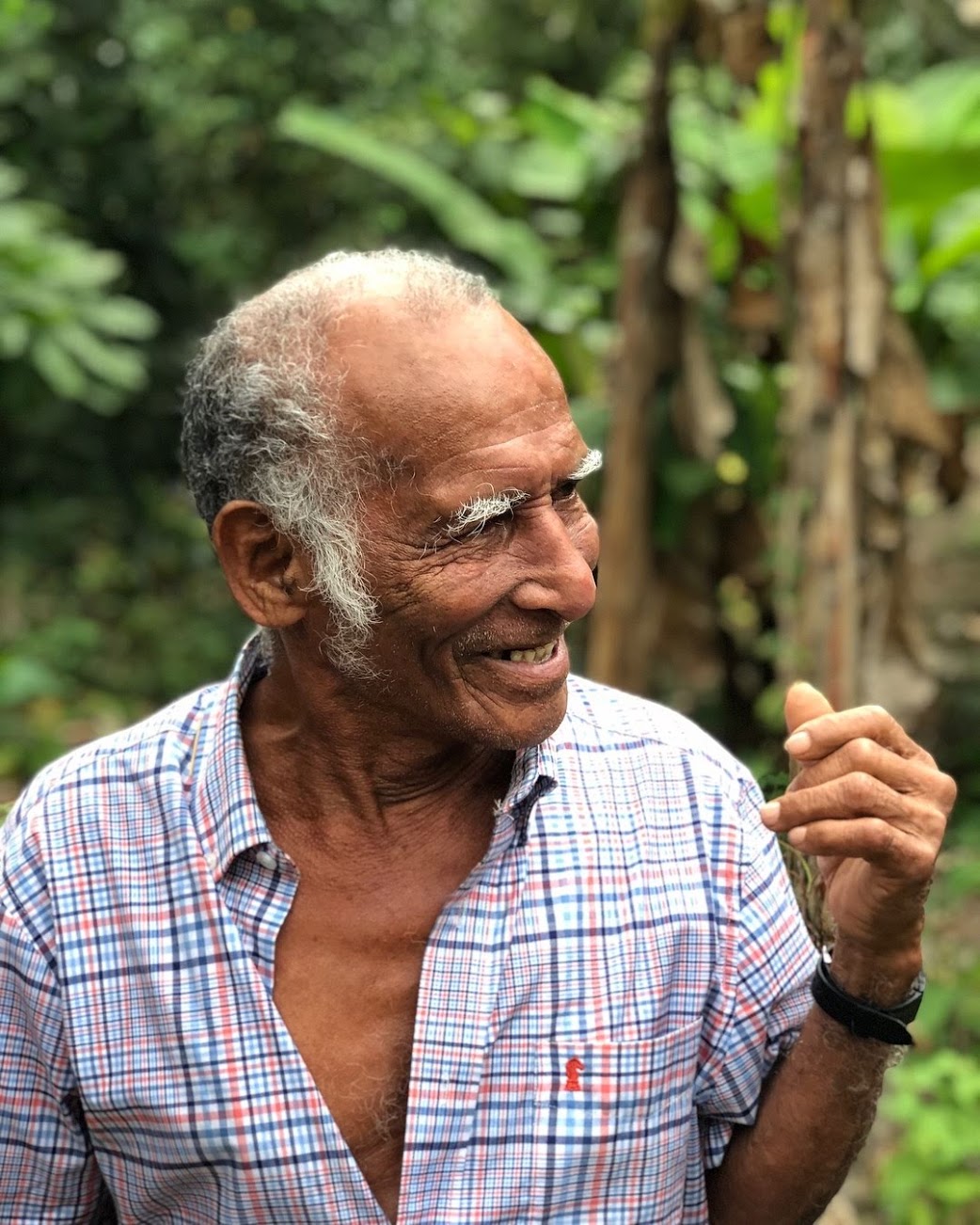 Participate, listen, and learn from the people around you so that as a leader, you can help them to bring out the best in themselves. I am so thankful for what I’ve learned from the communities I was a part of in Ecuador, from people like Sr. Don Ernesto, at right, a local legend for his traditional agroforestry techniques, incredible knowledge, and endless conversations, and for the opportunities I had to practice my leadership there.
Participate, listen, and learn from the people around you so that as a leader, you can help them to bring out the best in themselves. I am so thankful for what I’ve learned from the communities I was a part of in Ecuador, from people like Sr. Don Ernesto, at right, a local legend for his traditional agroforestry techniques, incredible knowledge, and endless conversations, and for the opportunities I had to practice my leadership there.
Returning home with so much knowledge and experience gained from this summer, I feel a strong responsibility to do something about it and keep it all moving forward. It’s an exciting and critical time to be involved with ecology and conservation in New Orleans as Louisiana’s coastlines change drastically every day. I feel that I have something to contribute here. I can speak up in my classrooms at Tulane. I can connect with other women in the conservation sciences—and we can connect in more than one language. I might be at the end of one trail, but there are so many more places to go from here.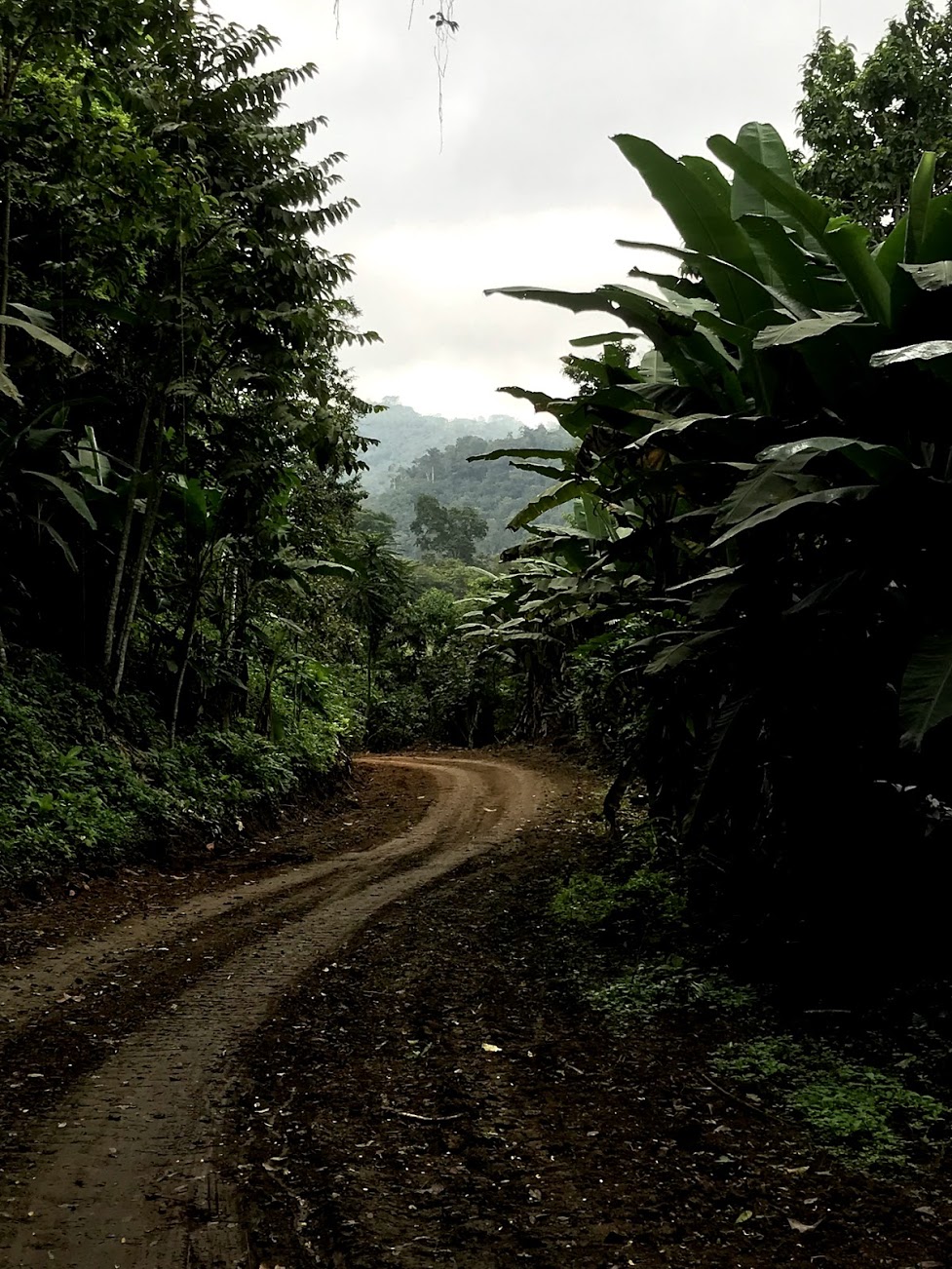
A final word of gratitude for the Newcomb College Institute and to Betsy Lopez for all of the incredible help and support. This internship has shown me the deepest learning and leadership experiences that I have ever had, and it wouldn’t have happened without the NCI. I am deeply grateful to be a part of this institution and for the opportunities I’ll have to share my leadership with the next communities I’ll find. Thank you.